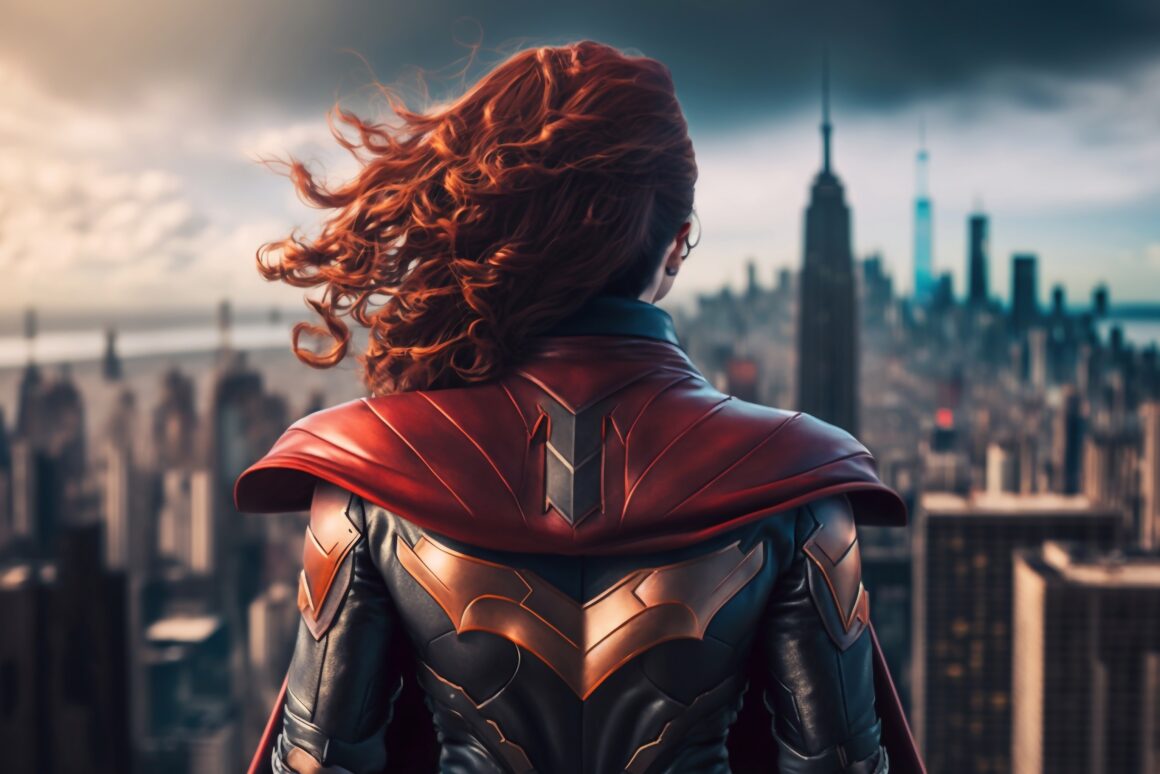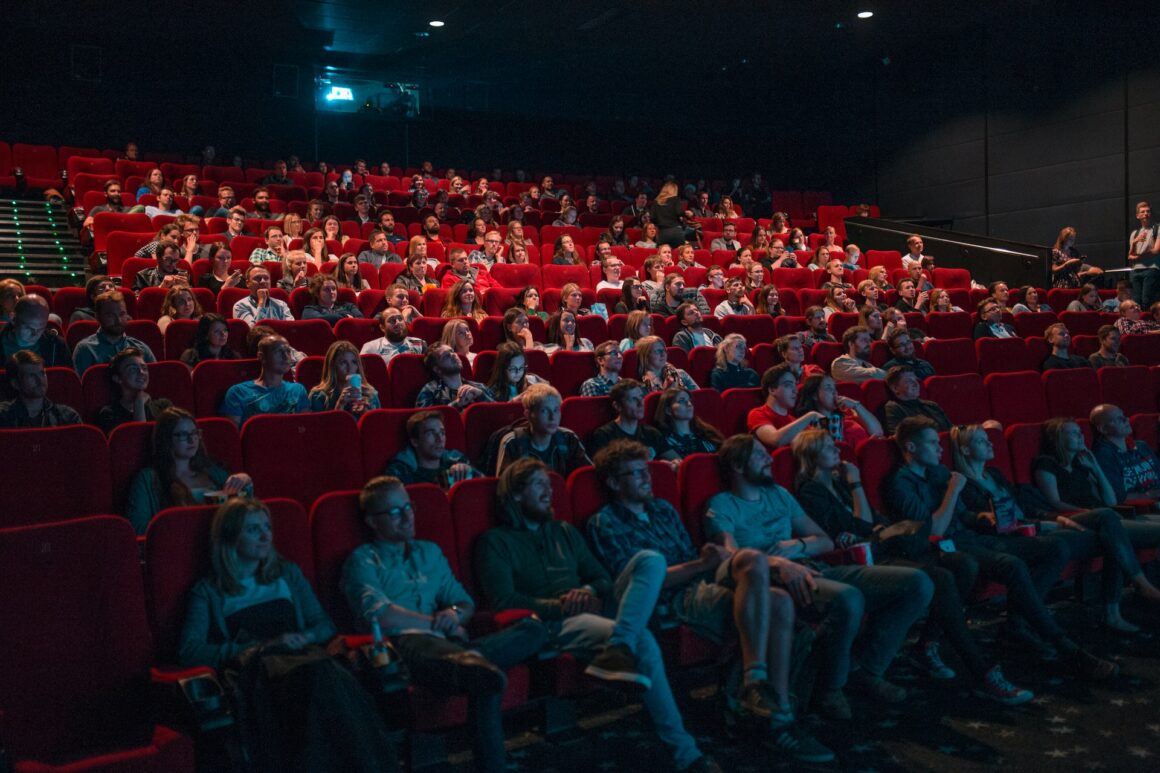Very rarely, Twitter criticism becomes useful. Scrolling through the responses of my first article, Friends and How I Met Your Mother Desperately Need Reboots, one comment stood out to me: the idea I was calling for tokenism. Getting over the initial confusion, I read through my article again and realized I did not specify that I did not only want diversity in sitcoms, but that I also wanted diverse creators and well rounded characters.
Too often, white/cishet writers (or really any majority group writers) think if they can mark a few boxes on a representation checklist when creating characters, they’ve outdone themselves and don’t need to go beyond that. All too often, characters written like this are either stereotypical, unimportant, or just plain uninteresting. There is a difference between striving for diversity in your works – sometimes tokenism is born out of genuinely wanting to represent groups of people in your piece of media – and writing characters in because you think it’ll make you look progressive.
Surefire signs of tokenism include, but are not limited to: being the only one of that minority group in an ensemble cast (see Raj Koothrappali as the only major person of color in the Big Bang Theory, Kevin Keller as the only LGBT character in Archie Comics/Riverdale), being written in a grossly stereotypical fashion (see Gloria Pritchett as pretty much every ugly stereotype about Latina women in Modern Family), or being minor characters without any plot or importance. (see Cho Chang, Dean Thomas, and Parvati and Padma Patil in Harry Potter)
So how does one combat tokenism? Sure, educating creators of majority about minority groups is one way to go about it, but a character of color written by a white person or an LGBT character written by a cishet person, will not be as well rounded as characters written by nonwhite or LGBT creators – same goes for disabled and mentally ill creators as well. I am by no means saying if you’re white you’re not allowed to write characters of color, but diverse creators are just as important as diverse characters. Shows with a number of characters from oppressed groups in society, but with a mainly white/male/straight cast end up having these characters pigeonholed into boxes or made unimportant in favor of characters that are of majority groups.
The 100, a show currently running on the CW, is a glaring example of this. It is a show with majority white and straight showrunners. The show was lauded for “great representation” – Bellamy Blake, Wells Jaha, Raven Reyes, Monty Green, Lincoln, and Thelonious Jaha all being people of color in major roles sounds great on surface level, but look at the fates of all of them. Wells was killed off for shock value and for his white best friend Clarke Griffin, the lead, early on in the first season. Lincoln, after serving as the “Scary Black Man” trope and being “humanized” by his love interest, the white Octavia for three seasons, he was killed off in the third season. Bellamy, Raven, Monty, and Jaha are all still major characters and alive as of the date this article was written, but their treatment is abysmal. Bellamy, Monty, Jaha are used to uplift white characters for the majority of their time on air – Bellamy for Clarke, Monty for Jasper, and Jaha for Abby Griffin. Raven is hypersexualized and/or tortured throughout her airtime. The 100, infamously, does not have a good track record with LGBT representation – having Clarke and Lexa get together and be billed as the major relationship of the show only to have Lexa killed off for shock value and Clarke’s angst, enacting the Bury Your Gays trope.
In complete contrast, there is Moonlight (2016). A movie centering around a gay black boy growing up in 1980s Miami, with a screenplay written by Tarell Alvin McCraney, a gay black man and directed by Barry Jenkins, a black man, both of whom grew up in the area during the era the movie is set in. It features a cast made up entirely of black actors and actresses, and majority black production team as well. By having creators who can identify with the experiences of the characters they bring to life – McCraney’s original story was an autobiographical reflection of his life after his mother’s death from AIDS – the story becomes real, the characters fully fleshed out, and the pitfalls of having white / non LGBT creators write about a gay, working class, black man (seriously, imagine Moonlight written by white people) are avoided.
In conclusion, we should absolutely add diversity to our characters, but before you give us diverse characters and good representation in media, give us the diverse creators who can bring them to life.





Comments are closed.